detail profile mirsad tuka
Peran Yang Di Mainkan Mirsad Tuka
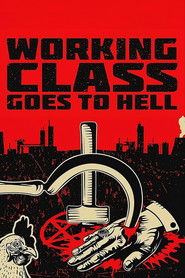 The factory that once employed the...
The factory that once employed the...Working Class Goes to Hell 2023
The factory that once employed the entire town and surrounding villages has been closed down due to a questionable privatization process, coinciding with a tragic incident where a group of its workers perished in a deliberately set fire. The remaining workers, devastated by the loss of their loved ones and the subsequent corrupt sale of the factory, initiate protests, but their efforts seem futile, yielding no concrete results. Feeling abandoned not only by the authorities but also by their cherished church, they find themselves seeking solace and answers in the supernatural.
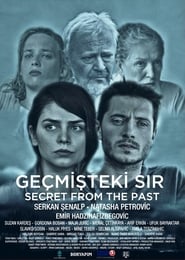 Ali a young photographer who lives...
Ali a young photographer who lives...Secrets from the Past 2017
Ali, a young photographer who lives with his family, finds himself in an unusual and sad story in Bosnia and Herzegovina after a genetic disorder. Having never visited Bosnia, he will look for the traces of his own past. Hana, who lives in Bosnia, will not leave him travel alone on this journey.
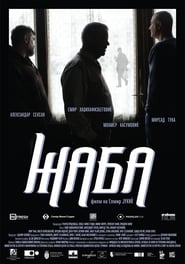 Zeko a barber and exsoldier suffering...
Zeko a barber and exsoldier suffering...The Frog 2017
Zeko, a barber and ex-soldier suffering from Post-Traumatic Stress Disorder, invites his brother Braco and his friend Švabo to Eid festivities. He intends to take advantage of the festive mood and ask his brother, a gambler and alcoholic, to change his ways. Braco doesn’t want to listen and will not take the conversation seriously. Zeko puts a razor under his brother’s neck, forcing him to promise he will change; furious, Braco leaves, telling Zeko he will never see him again, while Švabo suggests that Zeko see a psychiatrist. Alone, without his only friend and his brother, Zeko decides to kill himself – until Muki, a young man selling books door-to-door, stops him.
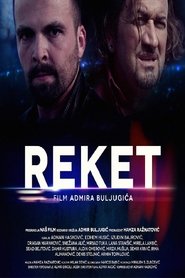 Amil Pasic has been working abroad...
Amil Pasic has been working abroad...Racket 2014
Amil Pasic has been working abroad for three years as a freelance photographer. For the first time after a year he comes back to Sarajevo to visit his father Mufid and finds out that a local criminal Bakir is extorting a monthly racket from Mufid which he categorically refuses to pay. Amil suggests to his father to contact the police to no avail. After his father suffers a heart attack Amil decides to take matters into his own hands.
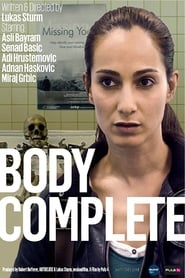 Austrian journalist asks her editor to...
Austrian journalist asks her editor to...Body Complete 2012
Austrian journalist asks her editor to send her to Bosnia and Herzegovina in order to investigate disappearance of girl.
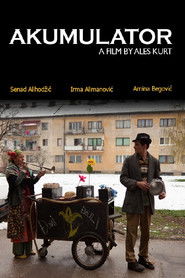 It is the third year of...
It is the third year of...The Battery 2011
It is the third year of the war and Sarajevo people are tired and nervous. A ceasefire has been announced. In a building with six apartments, a young couple is waiting for a renovation. The whole neighborhood is excitedly waiting for the birth of a new baby. Roma play and sing under windows.
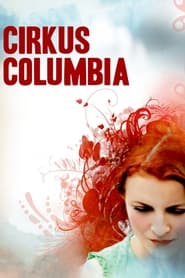 Bosnia and Herzegovina 1991 After the fall...
Bosnia and Herzegovina 1991 After the fall...Cirkus Columbia 2010
Bosnia and Herzegovina, 1991. After the fall of the communists, Divko Buntić, who has lived in exile in Germany for the past twenty years, returns to the village where he grew up, intent on reclaiming ownership of his family home, driving a swanky Mercedes and accompanied by his young bride; by Bonny, his lucky black cat; and with pockets full of money.
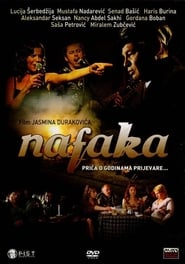 Sarajevo 1992 They are called Ahmed Lana...
Sarajevo 1992 They are called Ahmed Lana...Nafaka 2006
Sarajevo, 1992. They are called Ahmed, Lana, Sado, Saba, Sahbey, Beba, Nemanja, Marx, Matan. They live in and between wartimes. They have "nafaka", the destiny which was bestowed on them by God Almighty. They have enough gallows humor and courage to believe in freedom and happiness.
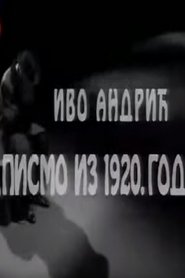 A monodrama consisting of the content...
A monodrama consisting of the content...A Letter from 1920 1995
A monodrama consisting of the content of the letter from the short story "A Letter from 1920" by Ivo Andrić. The story was published way back in 1946, and through the pen of his main character Max Levenfeld, a doctor who is fleeing Bosnia for good, Andrić writes about the hatred that has haunted this country and its people for centuries.
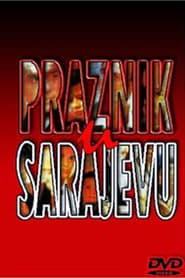 A group of thieves return from...
A group of thieves return from...Holiday in Sarajevo 1991
A group of thieves return from Western Europe to Sarajevo during Christmas and New Year holidays. Back home they meet some old friends, their families, their lovers, but they also have to ...

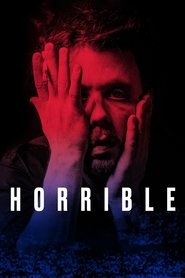 Second part of movie trilogy inspired...
Second part of movie trilogy inspired...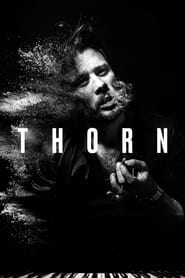 A brutally realistic story about a...
A brutally realistic story about a...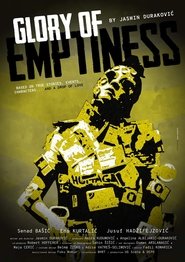 What can connect a searcher a...
What can connect a searcher a...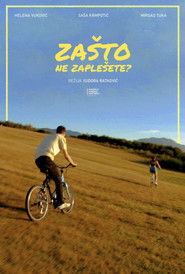 A young couple is moving in...
A young couple is moving in...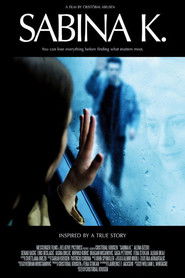 Sabina a divorced mother of two...
Sabina a divorced mother of two...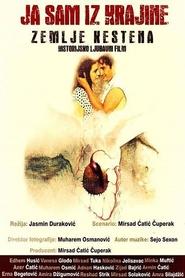 Omer returns to his homeland after...
Omer returns to his homeland after...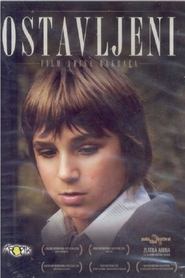 The story of a boy from...
The story of a boy from...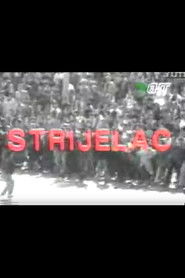 A drama set in a wartorn...
A drama set in a wartorn...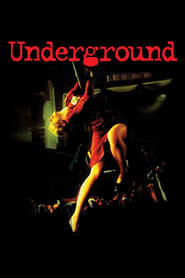 A group of Serbian socialists prepares...
A group of Serbian socialists prepares...